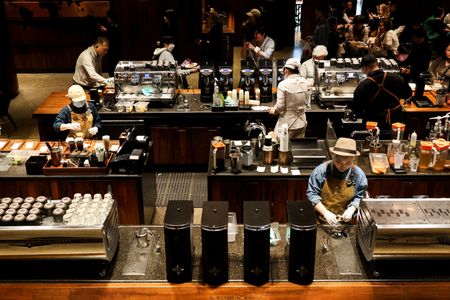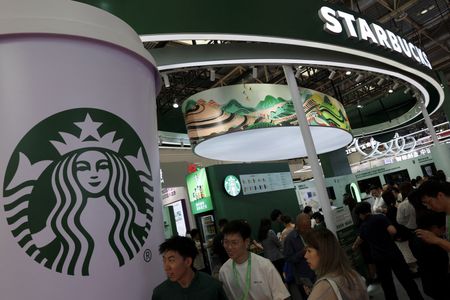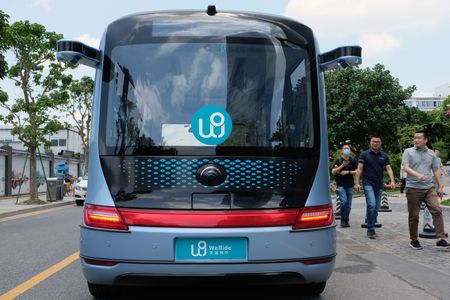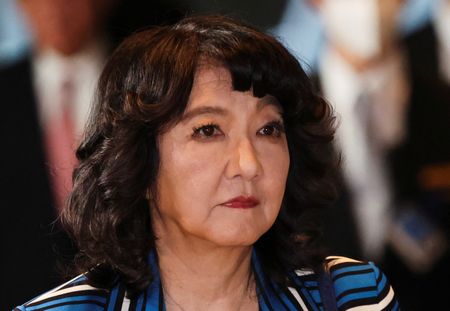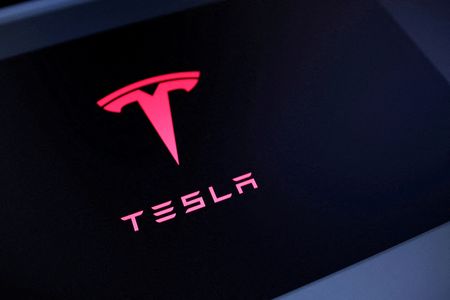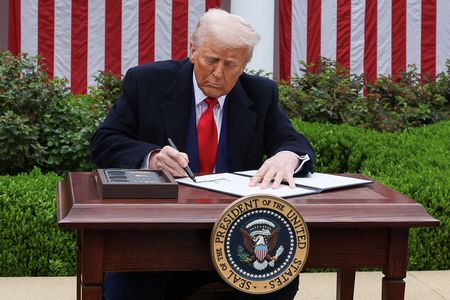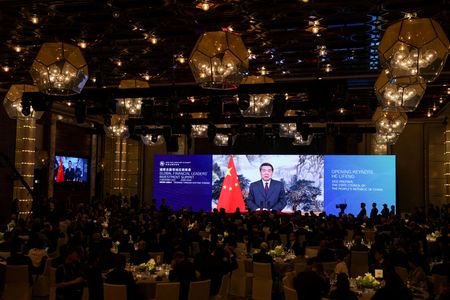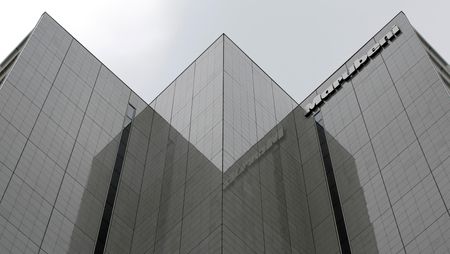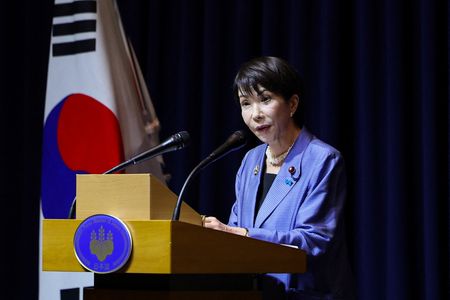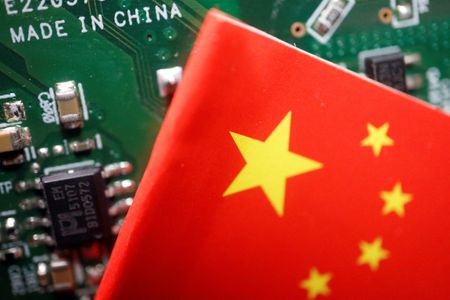By Kane Wu, Waylon Cunningham and Casey Hall
(Reuters) -Starbucks said on Monday it would sell control of its China operations to investment firm Boyu Capital in a deal valued at $4 billion, in one of the most valuable divestments of a China unit by a global consumer company in recent years.
Under the agreement, the companies will operate a joint venture, with Boyu holding an interest of up to 60% in Starbucks’ retail operations in China.
Starbucks will retain a 40% interest in the joint venture and will continue to own and license the brand and intellectual property to the new entity, the companies said.
The Seattle-based company’s market share in China has declined in recent years due to fierce competition from local coffee chains – including Luckin and Cotti – that offer cheaper products. Starbucks has grappled with remaining competitive without dropping its own prices as an economic slowdown in China makes consumers more price sensitive.
Starbucks said it expects that proceeds from the sale, combined with its retained stake and licensing over the next 10 years, will total more than $13 billion.
The company’s shares were up about 3% in after-hours trading.
Starbucks essentially created the market for coffee in China after entering in 1999, but its market share in the country – home to more than a fifth of its cafes – fell sharply to 14% last year from 34% in 2019, according to data from Euromonitor International.
To counter these challenges, the chain has cut prices for some non-coffee beverages and accelerated the introduction of new localised products.
Acknowledging it would be a mistake for Starbucks to enter into an aggressive price war with the likes of Luckin, analysts have said the company should focus on its traditional strength of being the coffee chain where people want to meet and spend time.
Luckin now has more than 20,000 franchise stores across China, well ahead of the 7,800 stores operated by Starbucks, but its focus is on take-away and delivery.
Comparable-store sales in China increased 2% in the quarter that ended on June 29, versus zero growth in the previous quarter.
Beyond China’s slowing economy, Starbucks’ annual filing for 2024 also listed among its risk factors “escalating U.S.-China tension,” citing possible tariffs, boycotts and “increasing political sensitivities in China.”
The deal caps a global financial drama that became public more than a year ago when former CEO Laxman Narasimhan said the company was in the early stages of exploring strategic partnerships to boost growth in the Chinese market.
Other global firms have taken a similar approach with their China businesses in the past. McDonald’s, for example, sold a majority stake in its China and Hong Kong operations to investors including Citic, a tie-up that has largely been seen as successful.
Boyu was founded in 2010 by, among others, Alvin Jiang, grandson of former Chinese President Jiang Zemin. The Hong Kong-based firm invests in consumer and retail, financial services, healthcare and media and technology sectors, according to its website.
(Reporting by Kane Wu in Hong Kong; Editing by Sriraj Kalluvila, Rosalba O’Brien and Thomas Derpinghaus)

